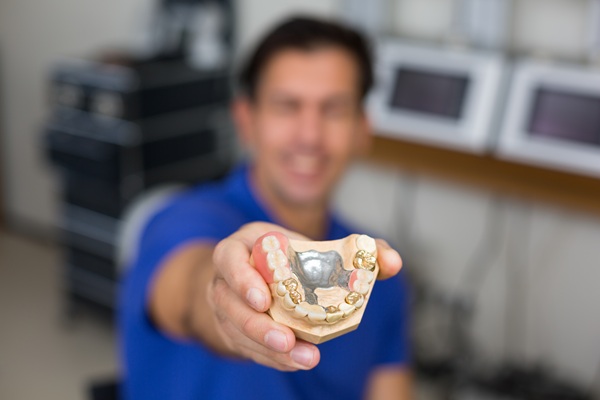General Dentistry: A Dentist Explains How Oral Hygiene is Important For Your Health

General dentistry is about more than keeping your teeth looking good. Oral health has a strong connection to your overall health, both affecting each other in turn because your mouth connects the outside environment to the inside of your body. As a result, practicing oral hygiene — or failing to do so — is a major factor in your wellbeing.
The link between oral health and overall health
Your mouth is the entry point to your digestive and respiratory tracts, and from there to the rest of your body. It also naturally hosts a substantial population of bacteria, providing a moist, warm and nutrient-rich environment. Fortunately, these microorganisms are mostly harmless, owing in part to saliva and gingival fluid carrying antimicrobial agents and white blood cells, respectively. Effective dental care combined with these natural defenses keeps your mouth healthy.
Neglecting oral hygiene and general dentistry, however, allows microorganisms to proliferate to an unhealthy level and promotes gum disease and tooth decay. This exposes another entry point to your body: the numerous blood vessels within your teeth and gums. From there, bacteria — both invasive species as well as the normally harmless ones — can enter the bloodstream and circulate through your body. Several disorders arise or are aggravated, by this, including:
Cardiovascular disease
Introduced to the bloodstream, oral bacteria can form plaque inside arteries and cause them to harden, a condition called atherosclerosis. This restricts blood flow, induces hypertension, and increases the risks of heart attack, stroke, or aneurysms.
Endocarditis
Bacteria that migrate to your heart from other regions of the body can settle within its chambers and valves, infecting the inner lining. This inflames these tissues and creates lesions called vegetations, potentially damaging them and compromising your heart's normal function. Infected tissue can also break free from vegetation and migrate elsewhere, damaging other organs with infection or blood clots.
Pregnancy complications
Any infection that an expectant mother suffers from also puts the baby at risk. Prior to birth, the mother's bloodstream is linked directly to the infant's, and some bloodborne microbes can cross over. Even besides the risk of prenatal infection, ailing health on the mother's part can result in a premature birth and low birth weight, negatively affecting the infant's health.
Preventing health complications with dental care
While poor oral hygiene can cause serious health issues, most dental problems are fairly easy to treat if caught early on, mitigating the risk of contracting any of the aforementioned conditions. Your general dentistry practice is equipped to address excess plaque, gingivitis, and early tooth decay, eliminating harmful microbes and preventing them from entering the bloodstream.
Regularly scheduled cleanings and examinations, at least twice a year, combined with frequent brushing and flossing goes a long way in proactively ensuring oral health. If gum disease does develop, treatment consists of scaling and root planing to remove plaque buildup and bacterial byproducts, giving your gums and teeth the chance to heal. Minor cavities are treated with sealant or fillings to restore tooth integrity and function.
Conclusion
Your dental and gum health has an impact on the rest of your body. While certain diseases can be caused by tooth decay or gingivitis, preventative care keeps your smile beautiful and your heart healthy.
Request an appointment here: https://www.smilesofriverstone.com or call Smiles of Riverstone at (281) 410-1187 for an appointment in our Missouri City office.
Check out what others are saying about our dental services on Yelp: General Dentistry in Missouri City, TX.
Related Posts
Our general dentist recommends brushing with a toothpaste that contains fluoride to give your teeth the highest level of protection possible against tooth decay. Fluoride is a naturally occurring chemical that helps to re-mineralize and strengthen teeth enamel.Fluoride can be found in natural bodies of water, as well as many fruits and vegetables like grapes…
Visits to your general dentist are done routinely, which for most people is twice per year or every six months. Sometimes, your dentist may recommend a deep dental cleaning. What is that? In this article, we will review what a dental cleaning is and when you might be due for one.Just like spring cleaning in…
For some people, a dental checkup for teeth cleaning is a dreadful experience. The noise and probing are more than enough to make them stay away from any dental clinic. A dental cleaning is not at all painful or invasive. Knowing the steps in a regular dental cleaning may put patients at ease. Below are…
There are many reasons you should have a dental checkup, but it is not uncommon to have a fear of the dentist. The gums, teeth, and tongue all play a significant role in helping you have a nutritious diet. When these do not work well, you may not be able to eat the right foods.…


